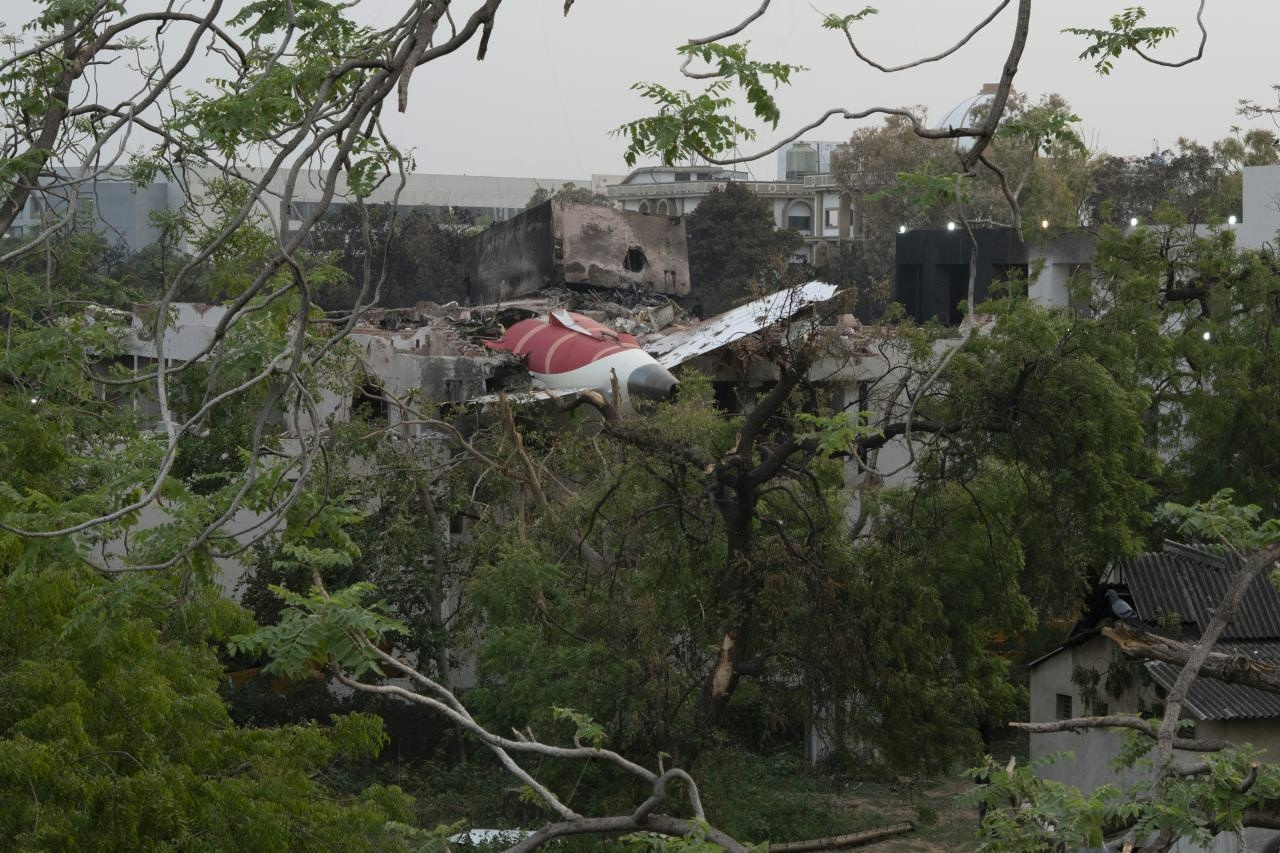エアロジニー — あなたのインテリジェントな副操縦士。
現在のトレンド
Categories
Investigators Examine Dual-Engine Failure in Air India Crash

Investigators Examine Dual-Engine Failure in Air India Crash
More than two weeks after the tragic crash of an Air India Boeing 787, which claimed the lives of 241 of the 242 people on board, investigators are concentrating on the possibility of a dual engine failure as a critical factor that may have prevented the aircraft from maintaining flight. The aircraft went down shortly after taking off from Ahmedabad on June 12, struggling to gain altitude before crashing into nearby buildings and erupting in flames. The disaster also resulted in the deaths of nineteen individuals on the ground.
Focus on Technical Malfunction and Flight Simulation
Video footage captured the aircraft’s brief and troubled ascent, showing a rapid descent soon after takeoff. Sources familiar with the investigation report that Air India pilots have since attempted to replicate the flight’s conditions in a simulator, including scenarios with deployed landing gear and retracted wing flaps. These simulations, however, did not fully account for the crash, prompting investigators to intensify their focus on a possible technical malfunction. Notably, the deployment of the plane’s emergency-power turbine just seconds before impact suggests that both engines may have failed simultaneously.
Operational Impact and Ongoing Investigation
The crash has caused significant operational disruptions for Air India, which is currently engaged in its Vihaan.AI transformation program aimed at modernizing the airline. In response to the incident, the carrier has canceled eight international flights operated by Boeing 787-8 Dreamliners as a precautionary measure, while comprehensive safety inspections are underway. The tragedy has raised serious concerns about the airline’s reputation and the potential ramifications for its ongoing reform initiatives.
Investigators continue to analyze the aircraft’s black boxes and cockpit voice recordings to reconstruct the precise sequence of events leading to the disaster. The probe is also reviewing maintenance records and technical data to determine whether mechanical failures or systemic issues contributed to the crash.
Broader Implications for Aviation Safety
Beyond the immediate impact on Air India, the crash has drawn attention to broader challenges facing India’s rapidly growing aviation sector, as well as renewed scrutiny of Boeing’s aircraft safety. Industry experts caution that the investigation’s findings could have significant implications for safety protocols and regulatory oversight across the region.
Authorities have emphasized the importance of a thorough and transparent investigation to restore public confidence in both the airline and the wider aviation industry. The inquiry remains ongoing as officials work to uncover the full circumstances surrounding this devastating event.

Emirates Unveils Cabin Design for New Boeing 777X

Eighteen Years On, the Airbus A380 Remains Central to a $34 Billion Airline

How a boom in luxury airline seats is slowing down jet deliveries

Navitaire Outage Attributed to Planned Maintenance

DigiYatra Debuts Outside Aviation at India AI Impact Summit

Vietnam Orders Strengthen Boeing’s Commercial Outlook

Airbus Signals Uncertainty Over Future A400M Orders

JobsOhio Awards $2 Million Grant to Hartzell Propeller for Innovation Center

Collins Aerospace Tests Sidekick Autonomy Software on YFQ-42A for U.S. Air Force CCA Program

How the Airbus A350-1000 Compares to the Boeing 777
